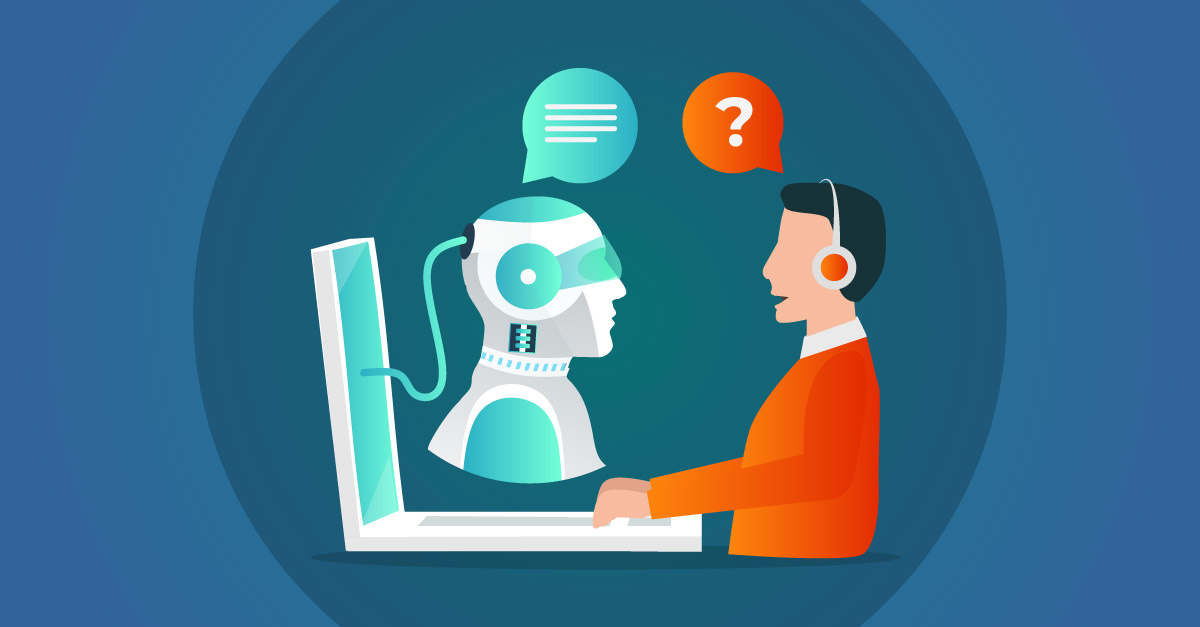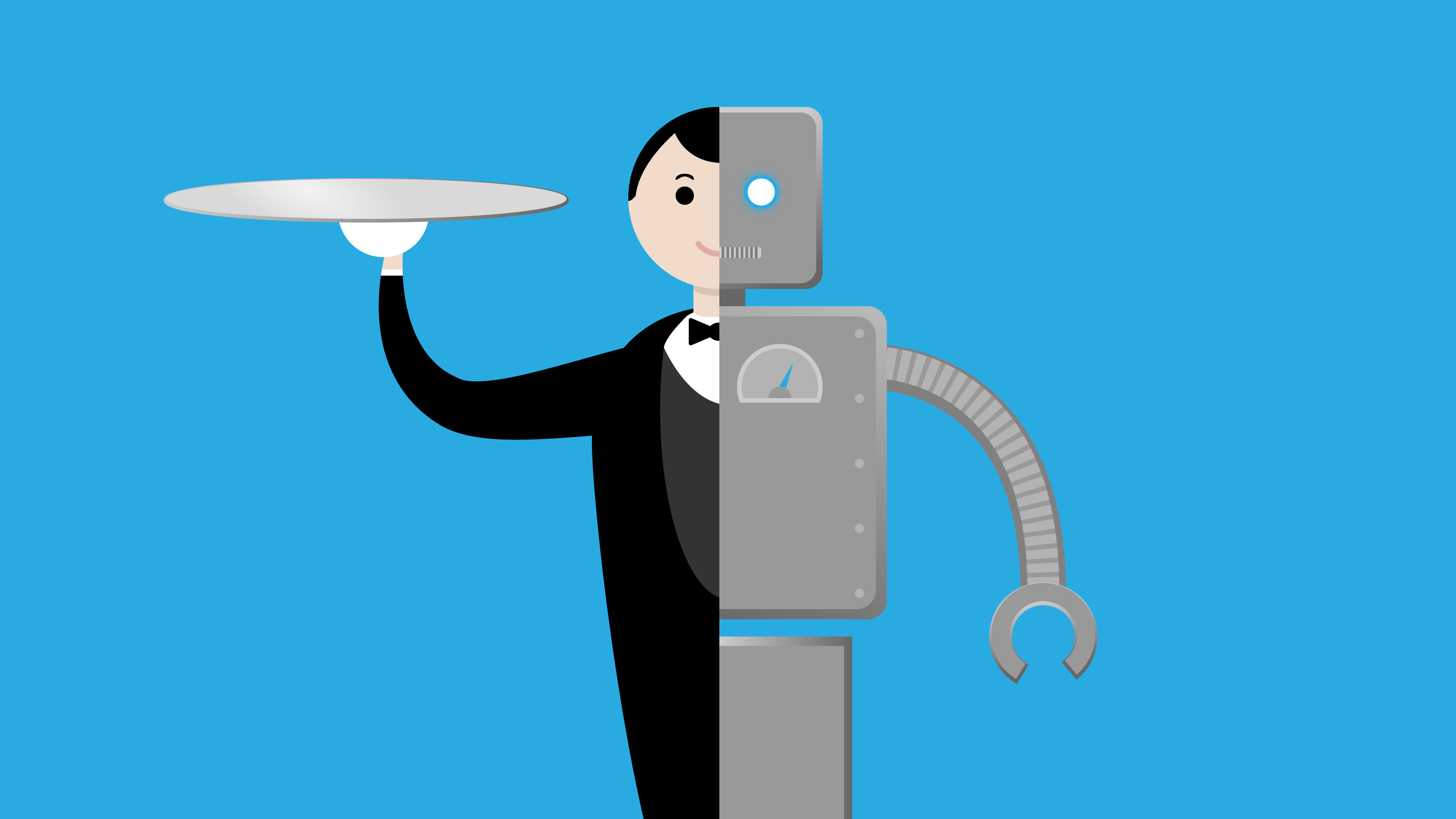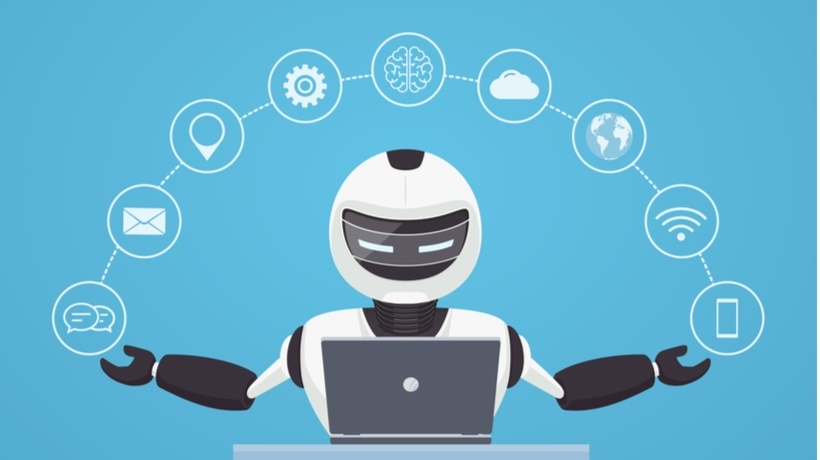NASA Unveils Plans for ChatGPT-Like AI Assistant to Aid Astronauts
NASA is developing an AI assistant that will help astronauts communicate, collaborate, and explore more effectively. The AI assistant will be able to understand natural language, provide real-time translation, and offer assistance with complex tasks.
Author
EZ-AINASA Unveils Plans for ChatGPT-Like AI Assistant to Aid Astronauts
The AI-powered project aims to enhance communication and collaboration during space missions.
NASA is set to introduce an AI assistant similar to ChatGPT that will revolutionize astronaut interactions in space, according to a report in The Guardian. The advanced AI assistant will enable seamless communication between astronauts, spacecraft, and mission controllers, while also providing invaluable support for intricate tasks and complex space experiments.
Engineers familiar with the project have revealed that initial testing of this AI-powered chatbot will take place aboard the Lunar Gateway. The Lunar Gateway is an upcoming extraterrestrial space station scheduled for launch in 2024 as part of NASA's Artemis program. The goal is to leverage the power of AI to enhance interplanetary communication networks, enabling the detection and resolution of glitches and inefficiencies as they arise.
Speaking at the Institute of Electrical and Electronics Engineers (IEEE) in London, researcher Dr. Larissa Suzuki shed light on the ambitious AI-backed project for astronauts. She described it as a pioneering venture that combines interplanetary communications with built-in AI capabilities. The AI will not only identify and address potential issues but also ensure astronauts have access to a comprehensive range of data and discoveries from space and beyond.
How can an AI assistant help astronauts?
An AI assistant can play a pivotal role in assisting astronauts during their missions, providing numerous benefits and capabilities that enhance their overall experience in space exploration. Here are some ways in which NASA's ChatGPT-like AI assistant can help astronauts:
Efficient Communication: The assistant will enable seamless communication between astronauts, their spacecraft, and mission controllers. It can help streamline and facilitate real-time conversations, ensuring clear and reliable transmission of critical information, instructions, and updates. This efficient communication can significantly enhance mission coordination and execution.
Task Assistance: Astronauts often engage in complex work and space experiments that require precision and attention to detail. This technology can provide valuable support by assisting with intricate tasks, offering guidance, and providing step-by-step instructions. It can serve as a knowledgeable companion, helping astronauts carry out their duties effectively and efficiently.
Problem-Solving: In the vastness of space, unforeseen glitches and inefficiencies can occur. The assistant, equipped with advanced algorithms, can detect anomalies, identify potential issues, and offer solutions or recommendations to address them promptly. Its ability to analyze data and patterns can help troubleshoot problems and optimize mission performance.
Access to Information: The AI assistant will serve as a vast repository of knowledge, providing astronauts with access to a wealth of information relevant to their missions. It can offer up-to-date scientific research, data on celestial bodies, technical specifications, and historical context. This valuable resource empowers astronauts to make informed decisions, explore new frontiers, and maximize their understanding of the cosmos.
Enhanced Exploration: By embracing this innovative technology, astronauts can expand the scope of their exploratory endeavors. The assistant can analyze vast amounts of data, identify patterns, and propose areas of interest for further investigation. By leveraging the AI's capabilities, astronauts can uncover hidden insights, make novel discoveries, and contribute to humanity's understanding of the universe.
Conclusion
In summary, NASA's ChatGPT-like AI assistant will serve as an invaluable companion to astronauts, offering efficient communication, reliable support, and access to a wealth of information. By harnessing the power of AI, astronauts will be empowered to undertake groundbreaking missions, pushing the boundaries of space exploration and advancing our knowledge of the cosmos.



